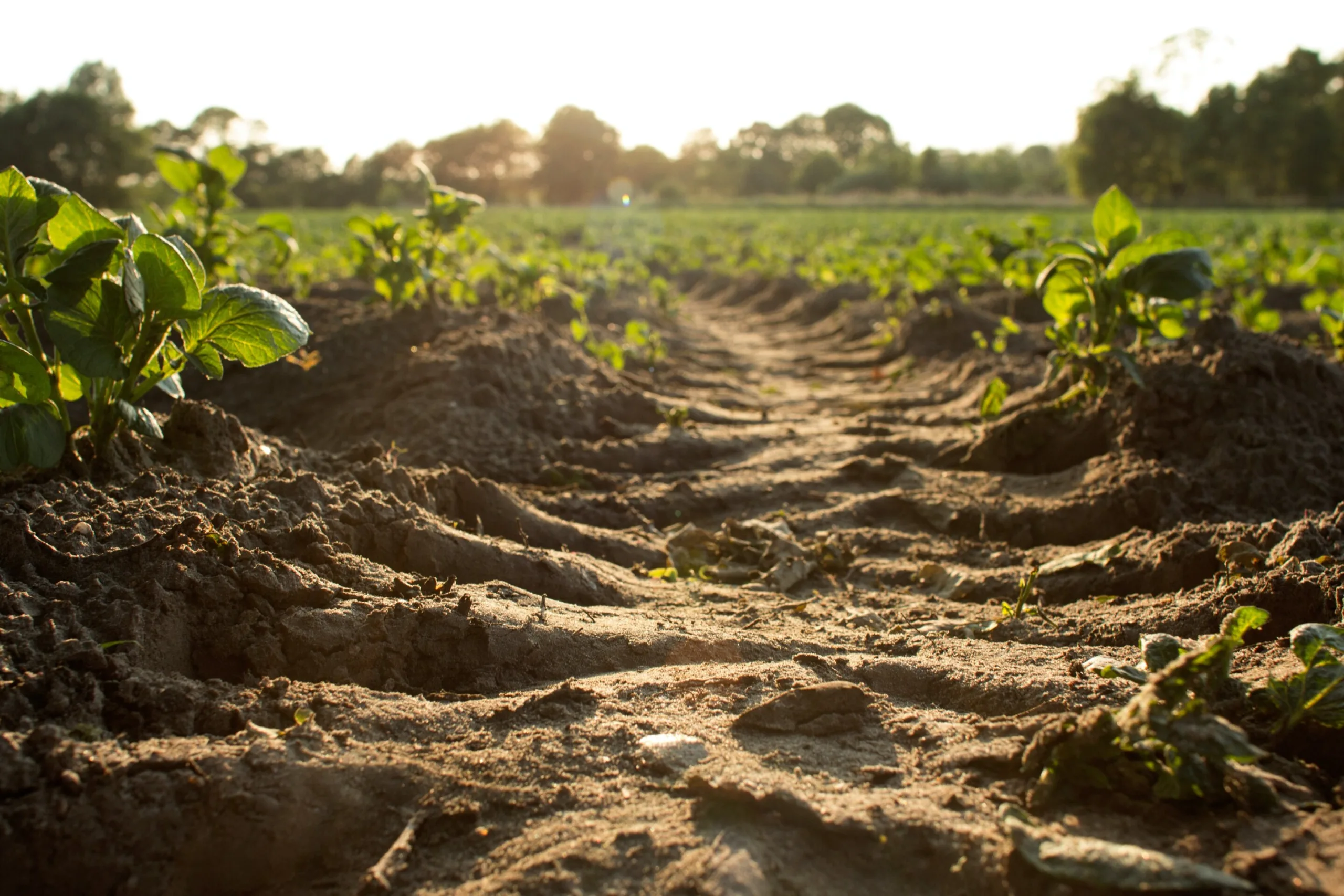Soil Bacteria: A Potential Solution to “Forever Pollutants”
Scientists have discovered that certain bacteria, found in ordinary soil, possess the remarkable ability to break down per- and polyfluoroalkyl substances (PFAS). These substances, often dubbed “forever pollutants,” pose a significant threat to both human and environmental health due to their extreme persistence in the environment.
The Pervasiveness of PFAS
PFAS are widely used in a vast array of consumer and industrial products. You’ll find them in:
- Cosmetics
- Food packaging materials
- Non-stick cookware
- Household detergents
Their widespread use means that PFAS contamination is a global issue, impacting water sources, soil, and even the air we breathe.
The Bacterial Breakthrough
The discovery of these PFAS-degrading bacteria offers a promising avenue for addressing this widespread pollution. Unlike many other pollutants, PFAS molecules are incredibly stable and resistant to natural degradation processes.
How the Bacteria Help:
- The bacteria effectively break down the complex chemical bonds within PFAS molecules.
- This process transforms the harmful PFAS into less harmful substances.
- The bacteria could be deployed in bioremediation strategies to clean up contaminated sites.
Implications for Environmental Remediation
This finding has significant implications for developing effective environmental remediation strategies. Traditional methods for removing PFAS from the environment are often costly and energy-intensive.
Potential Applications:
- In-situ Bioremediation: Introducing the bacteria directly into contaminated soil or water.
- Ex-situ Bioremediation: Removing contaminated material for treatment in a controlled environment.
- Bioaugmentation: Enhancing existing microbial communities with these specialized bacteria.
Final Overview
The identification of soil bacteria capable of degrading PFAS offers a beacon of hope in the fight against these persistent pollutants. Further research and development are crucial to optimize the use of these bacteria for effective and sustainable environmental cleanup. This natural solution holds the potential to mitigate the risks associated with “forever pollutants” and safeguard human and planetary health.




+ There are no comments
Add yours